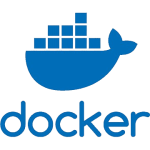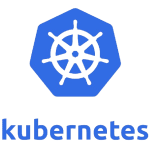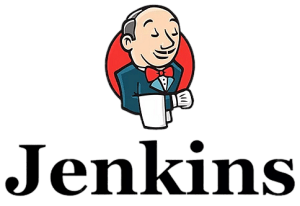devops & management
Our Advanced DevOps and Management Technologies Drive Excellence
Docker is a platform that enables developers to create, deploy, and manage applications using containers. Containers allow for the encapsulation of an application and its dependencies into a standardized unit, ensuring consistency and portability across different computing environments. Companies leverage Docker to streamline their development processes by packaging applications with all necessary libraries and dependencies, making them easily portable across various environments, such as development, testing, and production. Docker’s containerization technology facilitates quicker deployment, scalability, and improved resource utilization, enabling companies to build, ship, and run applications more efficiently while maintaining consistency and reliability across different infrastructure setups. Read More…
Kubernetes is an open-source platform designed to automate the deployment, scaling, and management of containerized applications. It allows companies to efficiently manage their containerized workloads, providing tools for deploying, scaling, and managing applications seamlessly across clusters of machines. Companies use Kubernetes to streamline their development and deployment processes, enabling faster delivery of applications, improved resource utilization, high availability, and easier management of complex containerized environments. It offers features like automatic scaling, self-healing, load balancing, and storage orchestration, empowering organizations to run applications consistently across various environments, from on-premises data centers to cloud-based infrastructures, thereby optimizing operational efficiency and enhancing agility in software development and deployment cycles. Read More…
Serverless computing is a cloud computing execution model where the cloud provider dynamically manages the allocation of machine resources. It abstracts away the infrastructure management, allowing developers to focus solely on writing and deploying code in the form of functions that are triggered by various events. Companies leverage serverless architectures to scale their applications efficiently, paying only for the actual resources used during execution rather than paying for a fixed amount of allocated resources. This model enables cost optimization, faster time-to-market for new features, and automatic scaling based on demand, making it ideal for handling unpredictable workloads and reducing operational overhead. Companies often deploy serverless technologies for various purposes such as building microservices, handling event-driven applications, and managing backend operations, fostering agility and flexibility within their systems. Read More…
Jenkins is an open-source automation server used primarily for continuous integration (CI) and continuous delivery (CD) pipelines in software development. It allows companies to automate various stages of the software development lifecycle, such as building, testing, and deploying applications. Jenkins facilitates the integration of code changes from multiple developers into a shared repository, where it undergoes automated testing and validation. Through its extensive plugin ecosystem and customizable workflows, companies can create efficient CI/CD pipelines tailored to their specific needs, enabling faster development cycles, improved code quality, and quicker delivery of software updates to production environments. Read More…



